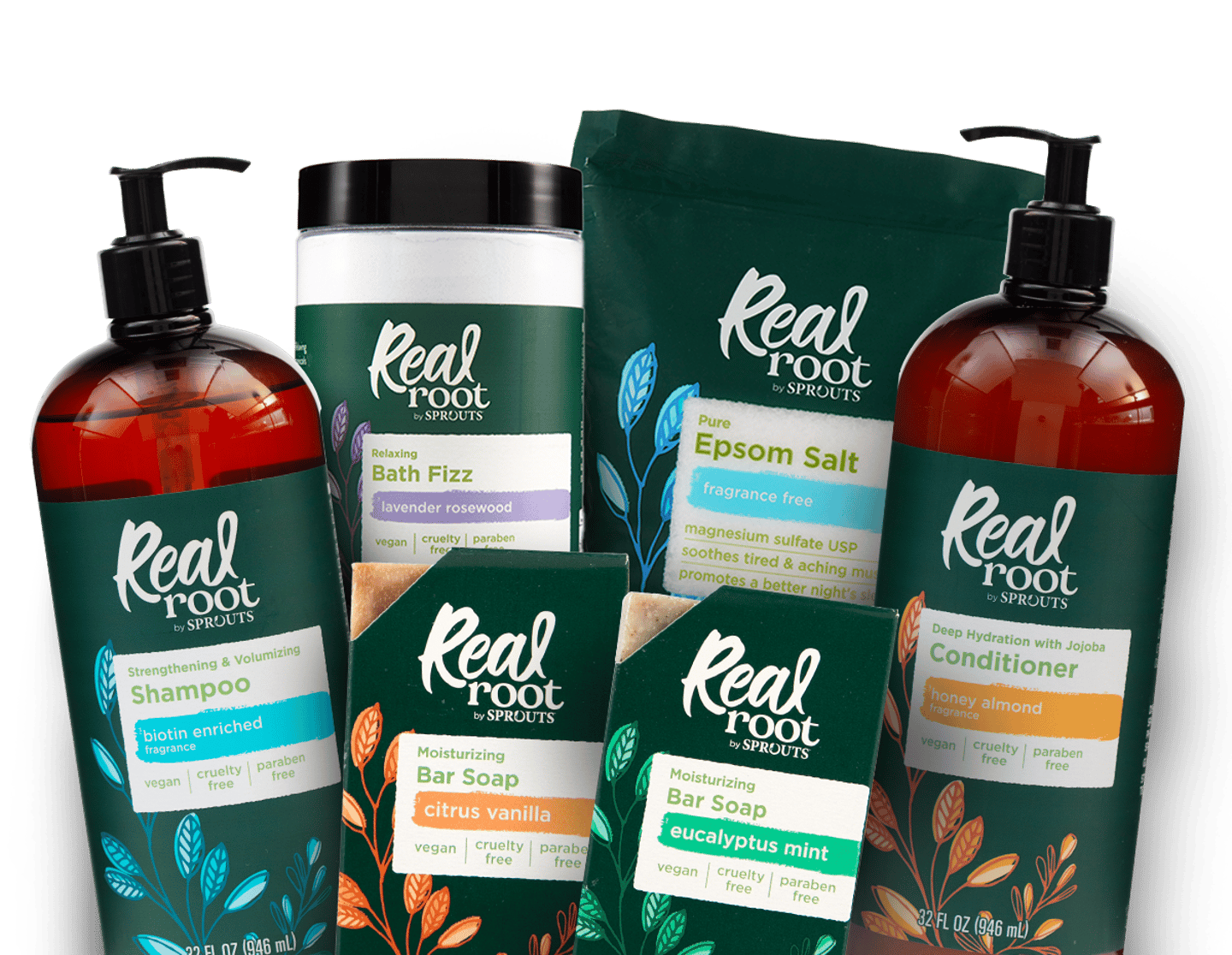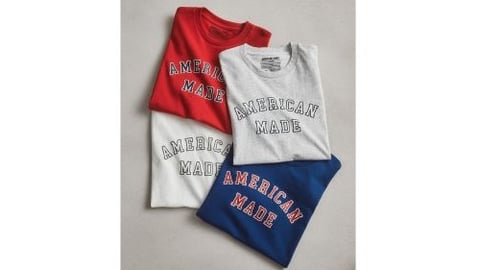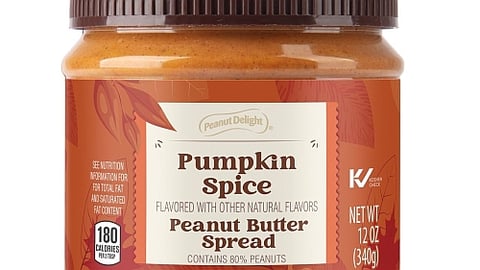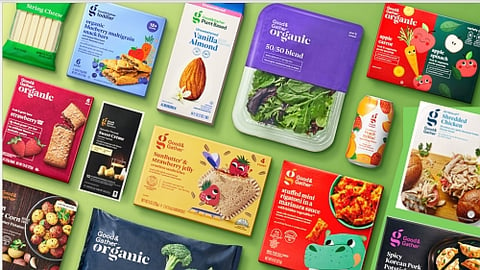Retailers, Suppliers Bullish on Future Private Label Growth
The ascendency of private brand sales in recent years was driven by a combination of supply chain challenges during the pandemic that was followed by price increases not seen in a generation.
Today, the drivers of private brand product sales are evolving. Retailers are working to provide own brand assortments that are focused on high value, while also giving shoppers products that differentiate from national brands that are on their shelves and from items sold at their competitors.
[RELATED: Consumers Opt for Private Label Snacks to Offset National-Brand Prices]
“The private brands industry is thriving, and it’s clear why: its value is often unmatched. The sector has become a critical area of growth and investment for both retailers and manufacturers,” said Doug Baker, VP of industry relations with FMI — The Food Industry Association. “To meet increasing demand, executives are investing substantially in developing new products and appealing to a broader customer demographic — especially younger shoppers. They are also strengthening their supplier and trade partnerships to drive innovation and sustain the ongoing success of private brands in food retail.”
In FMI’s "The Power of Private Brands 2024" report, the association citing data from Circana, said private brand dollar share and unit share were 20.9% and 25.8% respectively, as of June 30. With 1 in 4 products purchased off store shelves now being private brand products, this figure is expected to grow given feedback from food retailers and manufacturers in the report.
FMI’s query of retailers and suppliers found that 84% said private brands are extremely or very important to their organization. Additionally, 93% plan to moderately or significantly increase private brand investments over the next two years, up from 82% in 2023.
While price and value remain key components to the success of private brands, the growing consumer acceptance of store brands in recent years is also opening new growth opportunities. In the survey, respondents cited premium, best value, health & well-being, simple clean ingredients/free from, and frozen foods as the top five major growth opportunities moving forward.
“Consumers are increasing their spending (on private brands), and retailers are increasing their investment, so you can see the real growth opportunity for private brands over the next two years,” Baker said.
While value/price (81%) is seen as the biggest factor in driving further growth of private brand sales, appealing to younger consumers was seen as equally important. Over the past year, the industry has discussed the need to enhance its connection with Generation Z to build brand loyalty with the up-and-coming demographic.
To the surprise of some, members of Gen Z have shown less inclination towards products from legacy brands than their predecessors. Baker said there are notable reasons for this generation’s attraction to retail brands.
“The most obvious is budget as they are still young and don’t have the disposable income that some of their older cohorts have,” he said. “While that’s an entry point for them, they also want to know what the brand stands for, what it means to them, and how it is communicating to them.”
Steve Markenson, VP of research and insights at FMI, added, “Gen Z is very open to trying new and different things. They are very much about experiences and trying different flavors. They’re not like the (older generations), they are more flexible and willing to explore.”
[RELATED: Whole Foods Market Zeroes in on Gen Z Food Preferences]
While retailers and manufacturers are bullish on the future growth of private brands, perhaps the biggest challenge is domestic manufacturing capacity.
“There is not enough manufacturing capacity in the U.S. to be able to continue to innovate and bring the items into the market,” Baker said. “We have great manufacturers and many of the things that are on the shelf are produced in the U.S. There has to be a look globally and when working with manufacturers around the world they need to know how to do business in the United States.”
He noted the issue of domestic manufacturing capacity, along with assisting international suppliers, have been topics of discussion for FMI’s Private Brand Council for nearly a year.
This article was originally reported by sister publication Store Brands.






